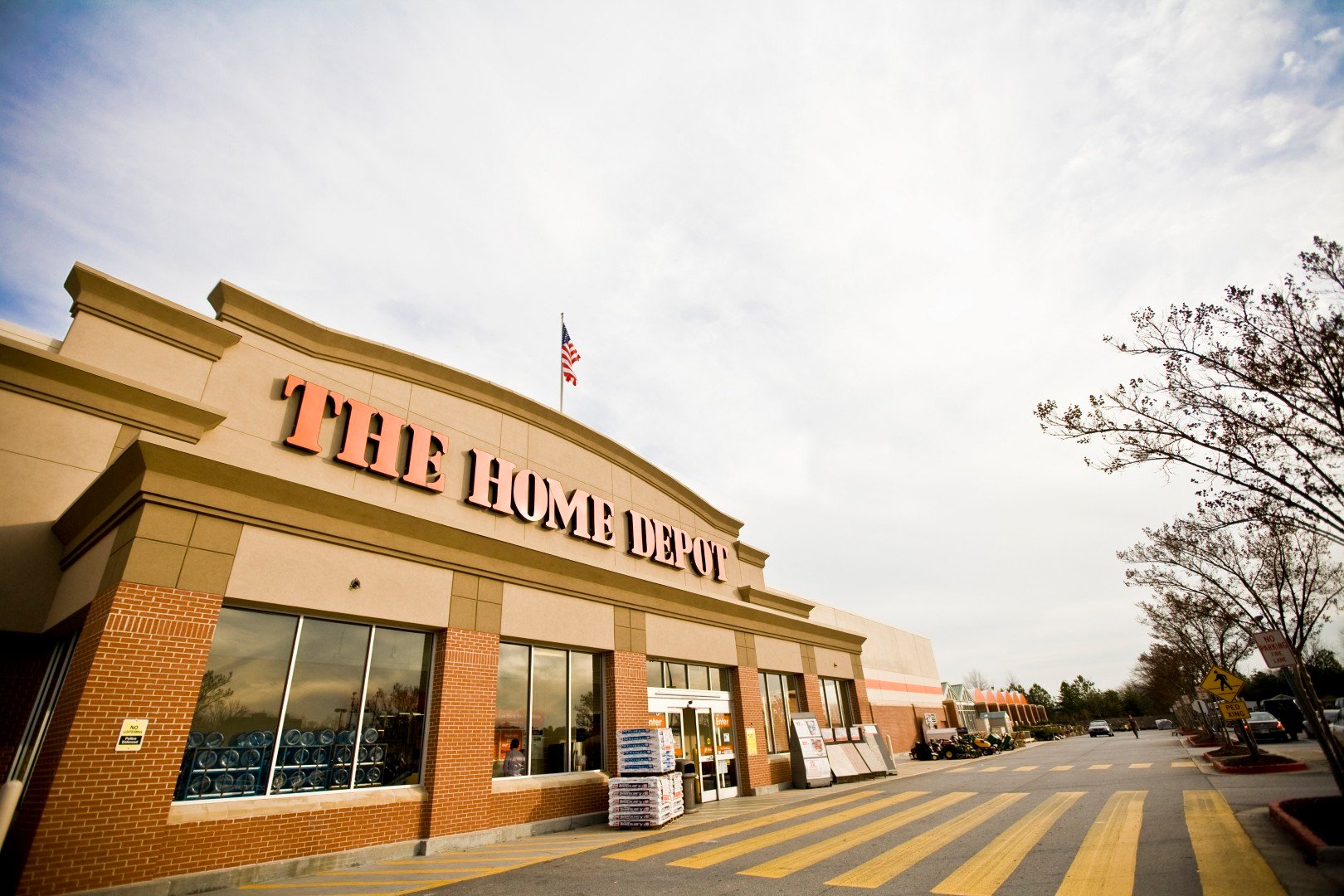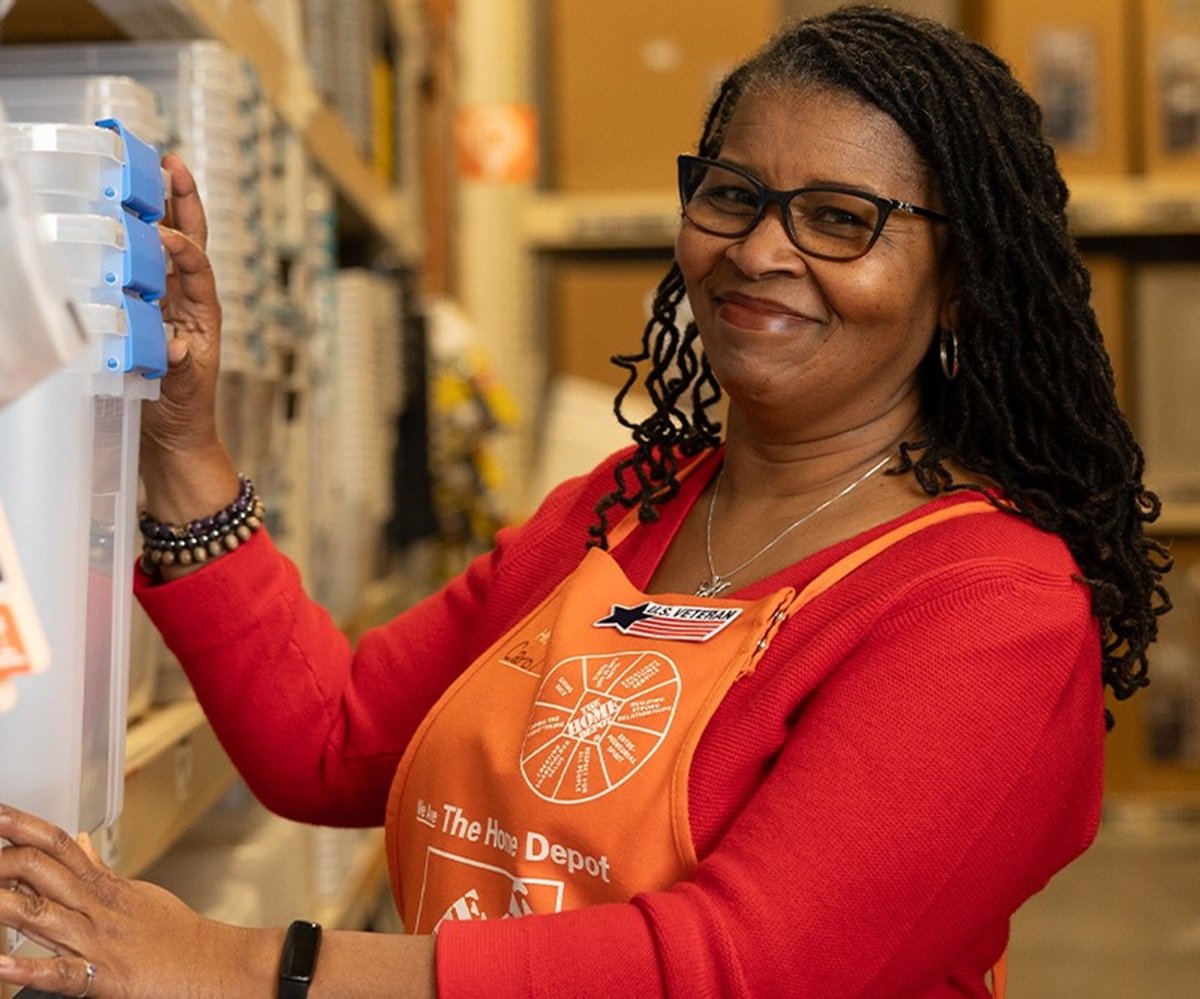Investing is done well when it's viewed as a long-term game. Moreover, instead of looking at stocks like they're lines on a screen, investors need to realize that these represent actual businesses.
Over the past few decades, very few companies have performed better for investors than this one. Since its initial public offering in September 1981, shares have generated a total return of 2,926,000%, turning a $1,000 investment into nearly $30 million today (as of Aug. 6).
Continue reading to learn more about this business and whether or not it makes for a smart investment opportunity today.
Dominating the retail sector
The company investors need to learn about is Home Depot (HD +1.77%), whose track record of compounding capital is very impressive. The business sells various tools and supplies to both DIY and professional customers through its massive warehouse-style stores. This model hasn't changed much, if at all, over the decades.
In fiscal 1993, Home Depot generated $9.2 billion in net sales. And it operated 264 stores across the country. But the company's early executive team figured out that all it needed to do was replicate what worked at existing stores to more locations across the country. By embarking on an aggressive expansion campaign, Home Depot grew its store base almost ninefold since 1993 to 2,337 today (as of the end of Q1 2024 on April 28).
More stores and greater revenue have unsurprisingly led to rising earnings over time. Home Depot's consistent profits allow the management team to return lots of capital to investors. The company has paid a steadily rising dividend since 1987, paying out $16.2 billion in this way in fiscal 2022 and 2023 combined. Executives also lean on share buybacks, to the tune of $14.6 billion in the last two full fiscal years.
These days, Home Depot has come to dominate the home improvement industry. It's much larger than its smaller rival, Lowe's. And thanks to its standing with professional contractors, Home Depot typically posts a better operating margin and higher return on invested capital. This indicates its superiority.

NYSE: HD
Key Data Points
Is it too late to buy Home Depot stock?
With a market cap above $350 billion, Home Depot is one of the most valuable companies in the world. So you might be wondering if it's too late to buy the stock. I don't necessarily think that it is.
Yes, the company isn't on solid footing today. Inflationary pressures are discouraging households from spending on big-ticket purchases, an area that saw robust growth during the depths of the pandemic. This is why Home Depot's same-store sales are forecast to dip 1% in the current fiscal year. Perhaps lower interest rates and a better housing market could provide a much-needed jolt.
Home Depot still has a long runway to capture more market share. It's the largest player by far in the industry. But considering that there's an estimated yearly sales volume of $1 trillion in the home improvement market, it shouldn't be an issue to achieve sustainable long-term growth over multiple economic cycles.
Add in the ongoing housing inventory shortage in the U.S., coupled with the rising median age of homes, and the ingredients are there for solid home improvement demand. Home Depot is in strong financial shape to be able to weather whatever negatives the economy throws its way.
While there's no doubt that Home Depot's forward returns won't come close to resembling the past, investors looking for a safe and steady business to add to their portfolios should take a closer look at the stock.





